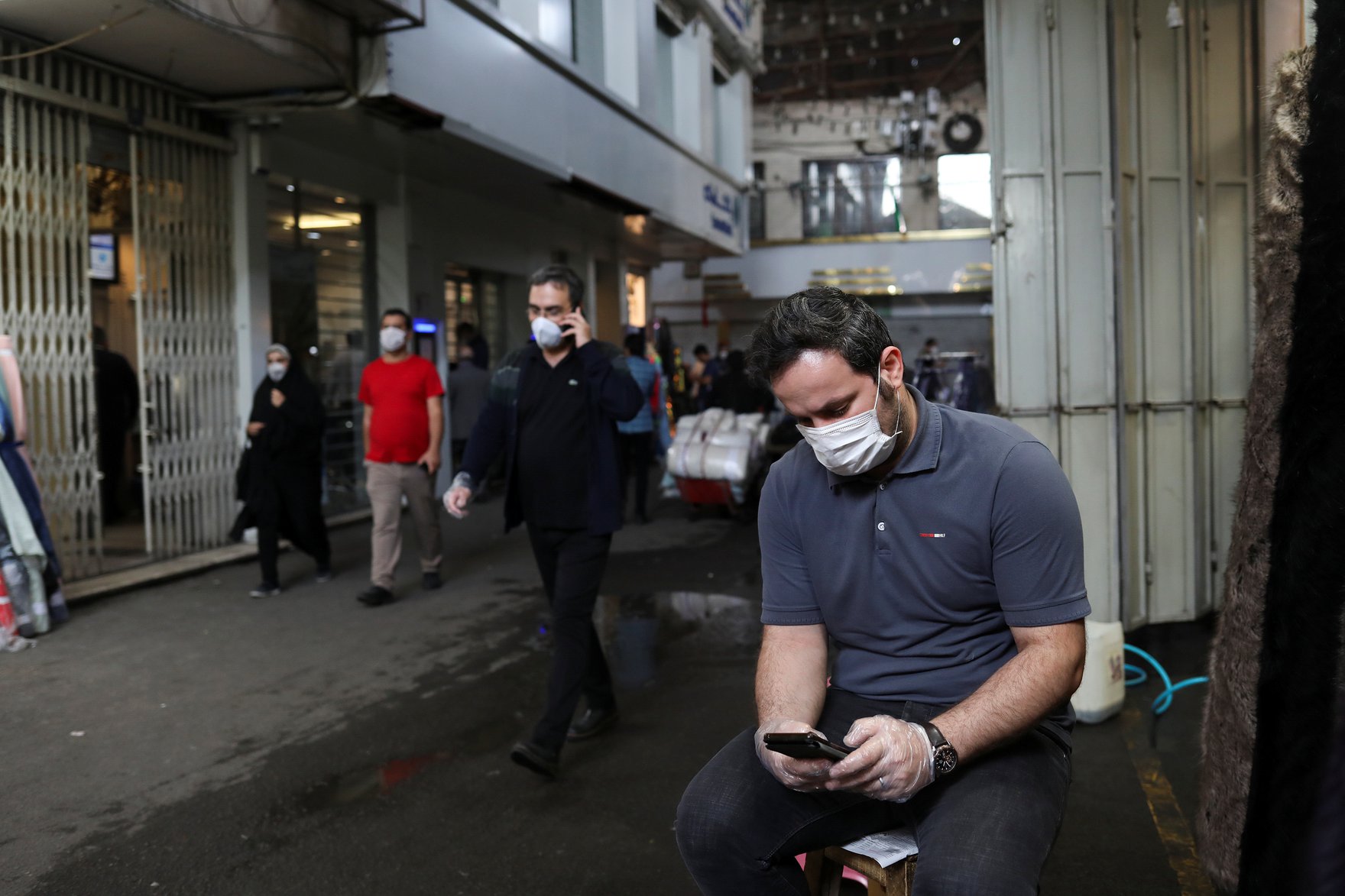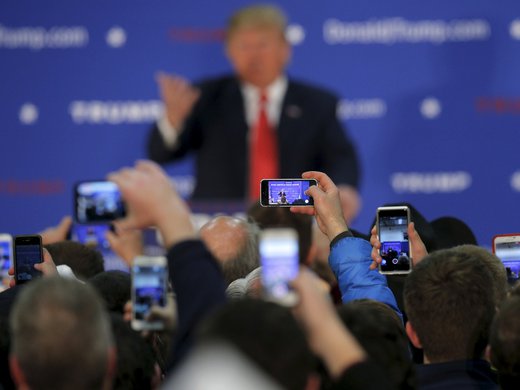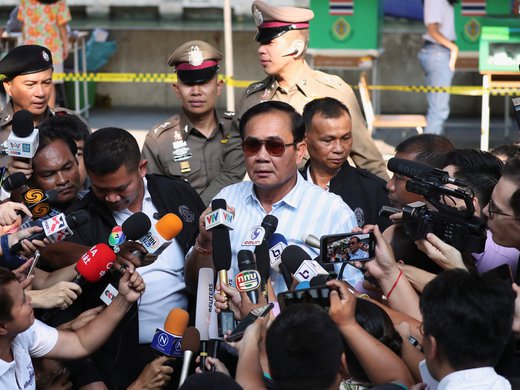In the past month, Iran executed at least 33 prisoners. In December 2020, Iran executed dissident journalist Rouhollah Zam. In September, Iran executed champion wrestler Navid Afkari. With these executions, the Iranian regime seeks to instill fear and prevent the escalation of protests. During the same period, Iranian hard-liners have continued pushing to launch a “national internet” in Iran that would be controlled by the Islamic Republic. This domestic replacement — which would further isolate Iran from the rest of the world — is a dangerous omen for the future of Iran and its citizens. With help from China, the Iranian regime has made plans to replace the internet that millions of Iranians — and more than four billion people worldwide — use with a national internet that the regime can control. The international community must step up to denounce this proposal and put pressure on Iran to reverse plans.
Right now, Iran bans many websites, among them social media platforms such as Facebook, YouTube and Twitter and other websites focused on topics including health, science, entertainment and shopping. While regime leaders continue to use these sites themselves and post actively on their public social media accounts, Iranians are barred from access and can only attempt to access these websites through a virtual private network connection.
This domestic replacement — which would further isolate Iran from the rest of the world — is a dangerous omen for the future of Iran and its citizens.
The national internet would likely further deny users access to search engines, news websites, entertainment sites, email servers, banking sites, wikis and much more. Instead, it would offer some replacements for these services, developed and controlled by Iran’s Ministry of Information and Communications Technology.
This notion of establishing a national internet in Iran is not new. In 2005, President Mahmoud Ahmadinejad introduced the idea. In 2011, the proposal gained more traction, and the idea of a “halal internet” — stripped of anything the Islamic Republic deemed immoral or inappropriate — received more attention. Similar programs to nationalize the internet have been adopted in Russia, China and North Korea. Iranian hard-liners cite these examples as admirable models to follow.
In 2019, following protests in response to a sudden increase in the price of gasoline, Iran shut down the internet for 10 days and tested their national internet notion. This shutdown was arguably the largest internet shutdown in Iran ever. In an effort to silence protestors, President Hassan Rouhani’s administration imposed a blackout to limit the ability of protestors to communicate internally as well as to bar access to external information. As Iranian security forces went on a rampage killing protestors, they wanted to ensure that the news did not leak out of the country. The solution was an internet and information blackout. However, while this shutdown was in place, some domestic websites and online platforms were still accessible.
For Iranians, a national internet would restrain their connection to the rest of the world — and the little window that the rest of the world has to Iran would also close. Iran’s ruthless record of human rights abuses would continue with even less accountability than before. This is exactly what the Iranian regime wants: a national internet that limits information from external sources is controlled by the regime, and as a result, quells social unrest.
Of course, should the Iranian regime officially shut down all internet service providers and put its national internet in place, the desired effect to silence political unrest could backfire.
But it doesn’t look like Iran is loosely floating this proposal. In fact, over the past decade, the Iranian regime has invested at least six billion dollars of private and public funds into building the infrastructure for a national internet. It’s a matter of time before Iran officially flips the switch and shuts the country’s limited exposure to the world outside its borders.
While the United Nations has deemed government-orchestrated internet shutdowns to be a human rights violation, Iran continues to push the limits. When hundreds were killed and thousands arrested following protests in November 2019, independent rights experts sounded alarm over the regime’s actions and following internet blackout.
But, the international community must step up in full force. The United Nations should closely monitor the steps that Iran is taking to shut down access to the World Wide Web in the country and decisively stand together in opposition to the regime’s proposal to launch a “national internet.” Limiting the window of information to Iran threatens the national security of the United States, neighbouring nations and the global community at large.
More dangerous than Iran’s nuclear program, its continued use of ballistic missiles or rogue activity in the region is letting it become a country we know almost nothing about. The international community should take strategic steps to make clear to Iran that obstructing the operation of the World Wide Web within its jurisdiction is a violation of international law and such action will be responded to with severe consequences.
The Trump administration’s chaotic approach to foreign policy has left the United States-Iran relationship in disarray. If Iran successfully launches a national internet and shuts down access to the World Wide Web inside its borders, the United States and global community will have to grapple with (another) rogue regime that the world knows little about.




